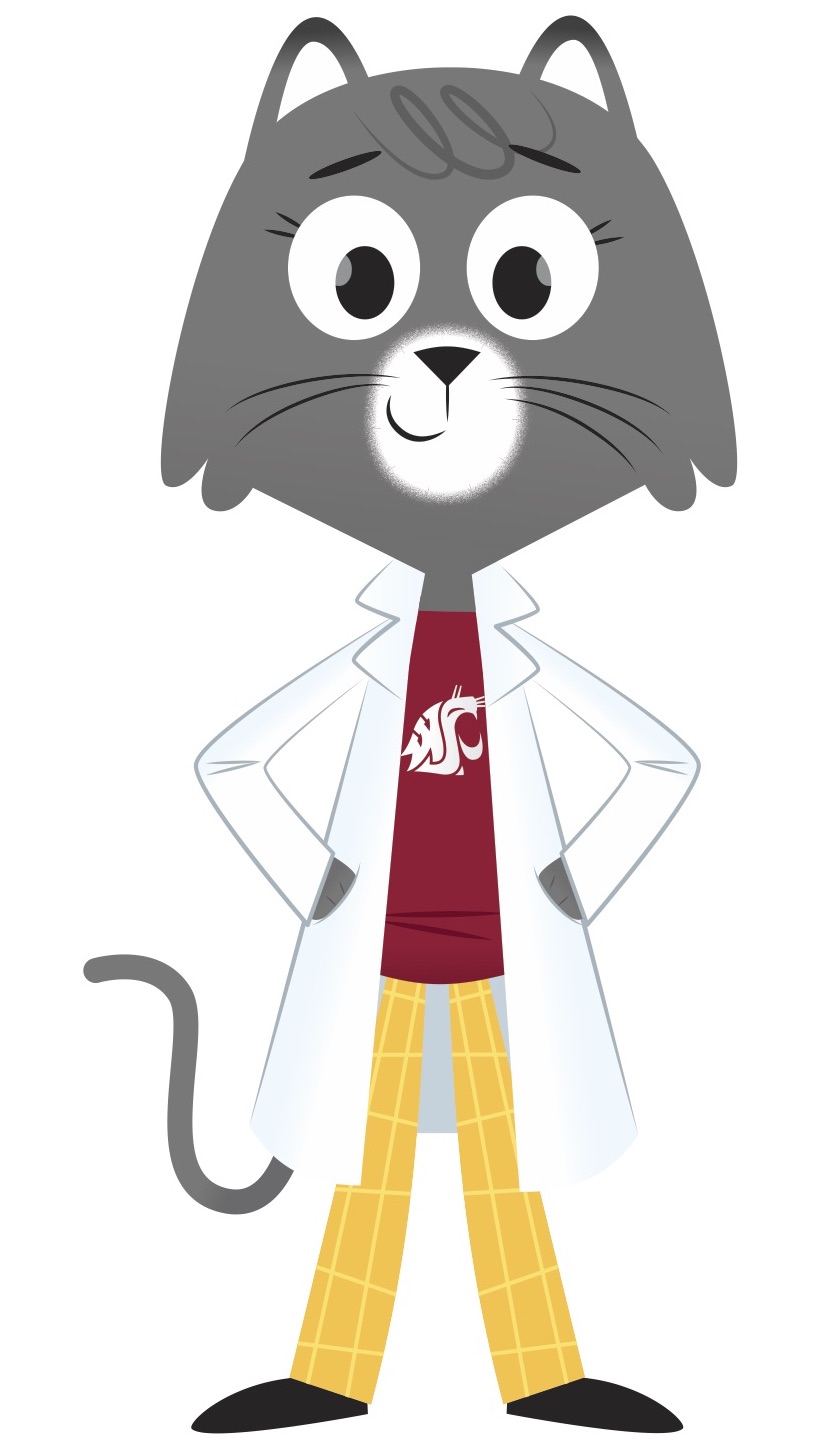How long do you have to train to become a scientist? – Katelyn, Texas
melissamayerDear Katelyn,
Maybe you dream of pointing your telescope toward distant galaxies. Or zooming in on microscopic life on Earth. Being a scientist is an amazing job. You can also do science for fun—no matter your age or anything else about you. It belongs to everyone.
I talked about science training with my friend Kalli Stephens. She’s earning her bachelor’s degree in genetics and cell biology from Washington State University. WSU has a strong undergraduate research program. So, Stephens has been working as a scientist while going to school.
Read More ...


